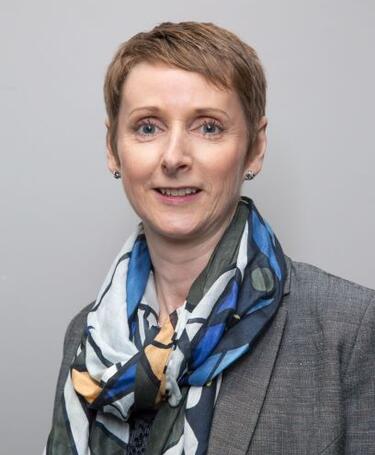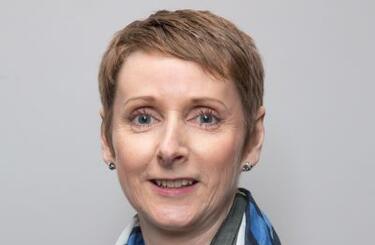
Quality conscience: Who holds you to account?

Kate Smith, Managing Director at Capella Associates, discusses the challenges of knowing what the right thing is, and shares what a quality conscience looks like at her organisation.
To help ensure we deliver outstanding results for our stakeholders, Capella has a documented quality management system (QMS) and supporting processes, documents and resources. These are audited at least annually, and, led from the top, they focus on capturing and sharing best practice (not just pointing out non-conformances).
However, our management system doesn’t cover every choice, every decision, and every action that’s taken. Whilst we can aim to fully align with the QMS, it’s our ‘quality conscience’ that ensures we choose things that are best for the whole, make decisions that are best in the long-term, and act in a way that we’re proud about.
For me, quality conscience is about our individual and collective behaviours. Agreeing shared values and promoting these can help drive good behaviours, and these can be reflected through communications, role profiles, and performance management processes. Ultimately though, we are each responsible for our own behaviours, so the controls must be self-imposed. It is about choosing to do the right thing.
How do we know what the right thing is?
For those who are good at self-reflection, we can ask ourselves whether we’d be proud to tell family and friends about the things we’ve done, or whether we’d be happy to be on the receiving end of the action. Or we could take a more-structured approach and do an impact assessment, with questions such as “does the outcome have a positive impact on all stakeholders?”. Other people are often best placed to see things that we can’t see for ourselves, so it’s good practice to also invite others to critique, either informally through trusted colleagues, or formally through third parties. Capella has an Advisory Board with external members who provide oversight and scrutiny. We also use third-party certifications and awards to assess against best-practice frameworks. But all these practises require us to be open to seeing things we might not like, being willing to change, and being honest with ourselves and others. To build a strong quality conscience, these behaviours need to be valued, nurtured, and celebrated.
When we asked our team what “doing the right thing” meant to them, we were able to gauge the strength of Capella’s quality conscience. What we heard certainly passed the “I’d be proud to tell family and friends” test. Responses included:
- “Keeping the bigger picture in mind.”
- “Providing extra support for learners who need it even when there’s no budget.”
- “Looking for solutions and not giving up when things are tough.”
- “We always say to learners that if anything happens at home or work that could affect them or their programme, they should talk to us…we want them to get the best out of their apprenticeship…we let them know they’re not alone, we’re here to help and can point them to others if needed.”
- “Challenging things we know aren’t right.”
So, back to the opening question, “who holds you to account”? Of course, only you can answer this. You can look to your organisation since it has a role to play in setting standards, embedding them and adhering to them. You can seek help from others including third parties. You must also look within and ask whether you’re holding yourself to account and doing the right thing.
Read more on the World Quality Week 2022 theme, 'Quality conscience: Doing the right thing'.